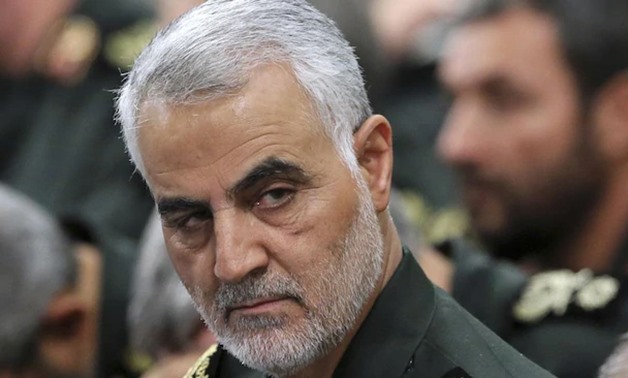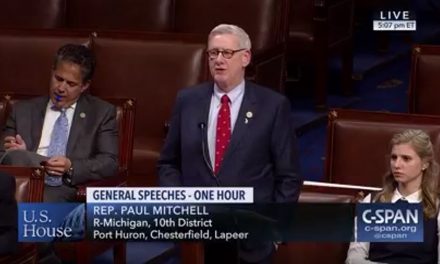I read Dexter Filkins’s opus on Qassem Suleimani when it was published in The New Yorker in September 2013. I believe that was the point when I first understood the breadth of his accomplishment. I had known of Suleimani prior to that, and I was aware that he was extraordinarily dangerous and powerful. It was only after reading Filkins that I realized that Suleimani probably had more responsibility for Iran’s geo-strategic reach than Iran’s Supreme Leader or any other strategist in their government.
It was also probably that article that informed me of the reverence with which Suleimani was held by his followers, as well as ordinary Iranians, and even the spies and military leaders responsible for facing him down and limiting his effectiveness.
He was kind of the man who must be killed but was too powerful and charismatic to kill. Characterized as “a living martyr” by Ayatollah Ali Khamenei, Suleimani would become a religious figure if actually martyred. His network of supporters had metastasized across the region and even the globe, and they were trained in asymmetrical warfare. Everyone was terrified of him in the Middle East, including the Israelis.
Suleimani’s fate appears to have been sealed when Iran-backed militias broke into the American Embassy in Baghdad, lit fires and scrawled pro-Suleimani and anti-American graffiti on the walls. It was an inopportune time for the Iranian general and spymaster to visit the Baghdad Airport, and he paid for his miscalculation with his life.
If America wanted to send the strongest possible message that we won’t tolerate another Iranian Hostage Crisis, the assassination of Suleimani certainly accomplished that. In this limited sense, I’m sympathetic to the thinking behind this extreme action. But this is the furthest thing from a one-off warning. It’s a step designed to cause an escalation that will lead to war. If you have any doubt about this, look at what the most longstanding American advocate of regime change in Teheran had to say about it:
Congratulations to all involved in eliminating Qassem Soleimani. Long in the making, this was a decisive blow against Iran's malign Quds Force activities worldwide. Hope this is the first step to regime change in Tehran.
— John Bolton (@AmbJohnBolton) January 3, 2020
We tend to exaggerate the importance of terrorist leaders, falsely suggesting that they are irreplaceable. In this case, Suleimani’s singular genius was such that it’s probably true. This won’t make the world a safer place in the short term, however. If anything, Suleimani’s Quds Force is more dangerous without his savvy and often restrained leadership. They are just as lethal as they were with Suleimani alive, but more likely to be used in reckless ways that will escalate things to an inevitable final showdown with the Iranian regime.
Iran will feel duty-bound to exact revenge, and a commensurate level of revenge would involve assassinating a major American leader, such as a commanding general or member of Trump’s cabinet. If they feel that this would be suicidal, they will opt for lesser targets with more plausible deniability.
In the short term, they will try to force the Iraqi government to ask for the removal of all American troops. They will surely contemplate actions in the region against allies and soft targets that prudence prevented them from considering in the past. Simple national pride will lead them to take risks that were previously unimaginable.
Suleimani’s reach probably extends to the American homeland, too, so we shouldn’t rule out that reprisals will be felt here, although that would make it very easy for people like John Bolton to rally the nation to a war that might not otherwise have broad public support. The problem is, hardliners in Iran might not care.
For the same reason, Americans abroad should not feel safe and air travel will remain risky into the indefinite future.
This is a tremendous amount of risk and a ridiculously momentous decision to take without first consulting leaders in Congress or our close allies. It’s not like Suleimani was some illusive target that might disappear for another decade if not killed when the opportunity arose. He traveled openly in the region, usually unarmed.
Things will almost definitely escalate out of control now, but the international community should still step in to do what they can to restrain the Iranians and to convince America to avoid more provocative actions. Potentially millions of lives are at stake, as well as the health of the global economy.
With this decision, Trump has removed the solitary argument in his favor, which was that he was reticent to wage more war in the Middle East and Central Asia. He just created an almost unimaginable amount of danger for Americans and our allies, and that’s precisely what a lot of his supporters did not want.
Now we’re forced to mitigate these dangers in the midst of an impeachment trial that would remove our leader from office as unfit. Perhaps that played into this decision as well.







